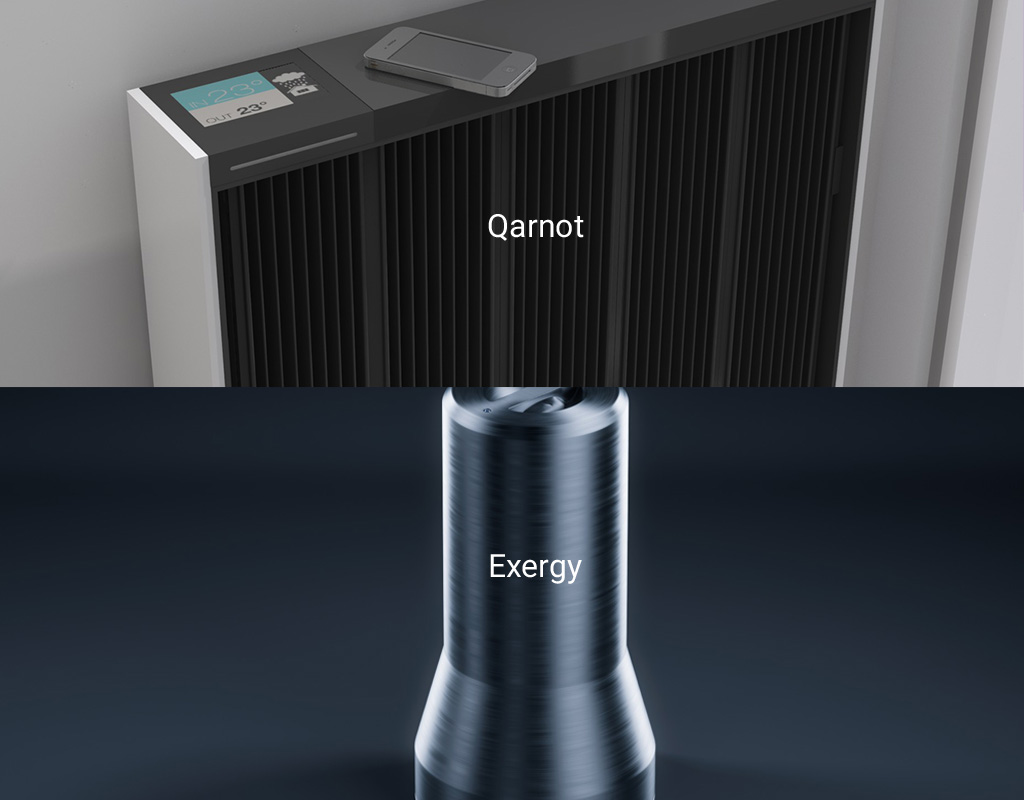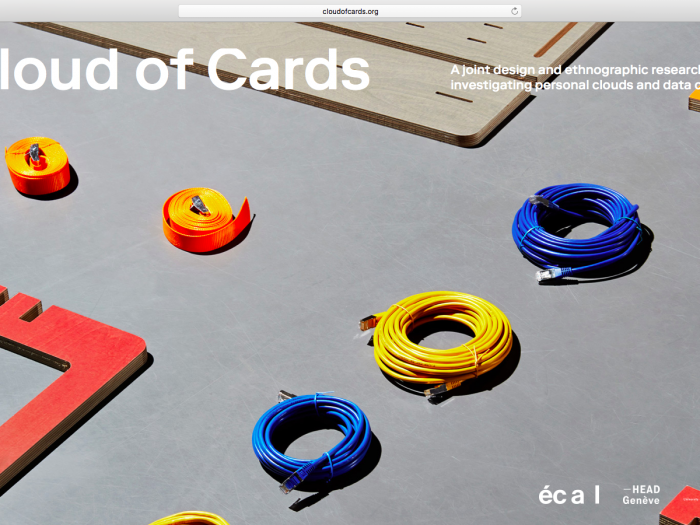A brief post on additional open-source services, software, hardware, community and art projects we stumbled upon during our ongoing research:
Commodify.us (service) enables users to retrieve their Facebook data, anonymize it and sell it back for market value. We’re not sure it’s legit (there’s a security warning while loading the site). It however seems to be the same people behind another service of the sort: GiveMeMyData.com
Freifunk.net (community) is a community-powered free wireless network originating from Germany.
Guifi.net (community) is an open, free and neutral telecommunication network built piece by piece (by literally deploying cables and antennas) by the community. The project originates from Spain.
Superglue.it (service, community) is a free tool to build and host your website at home. The project seems ambitious as it combines self-hosting hardware standards with a custom-made WYSIWYG webpage builder and a template repository fed by users (all webpages built become open-source templates).
FluidNexus.net (software) is a mobile messaging app for Windows and Android. It uses Bluetooth and the movement of crowds to spread data and suppresses the need for operators, a bit like the Firechat app. It however seems that the project has been abandoned in 2009.
Uncloud (software) is an application that enables anyone with a laptop to create an open wireless network and share information. Users can connect wirelessly while remaining disconnected from the internet.
GoTenna (hardware) is a product enabling users to text and share their location even when there is no telecom tower or satellite coverage.
AirChat (software, hardware) is a free, secure and open-source telecommunication network built by LulzLabs working a laptop and a hacked radio.
Alternet.cc (speculative design) is a free and secure communications network hypothetically built and maintained by the community.
Project Maelstrom Last but not least, Project Maelstrom is BitTorrent latest proposition to decentralize web hosting through the BitTorrent protocol – We cannot help to ask ourselves: Is it still decentralization if it’s owned by a company?
Project Fi While we’re in the corporate sphere: Google is apparently aiming to take over the front-end costumor away from telecom companies. Perhaps decentralization is becoming just another marketing argument for companies who actually want centralize (read: capitalize on) your data.
We will continue to add links as our research goes forward. In the meanwhile, you can find all the links mentioned in the research project on Delicious under the tag “i&ic_designresearch” (note: also mentioned in this previous post, “Public Survey on Delicious“, within the Resources category on this blog).
For additional and updated resources, a Github is maintained that lists tools:


